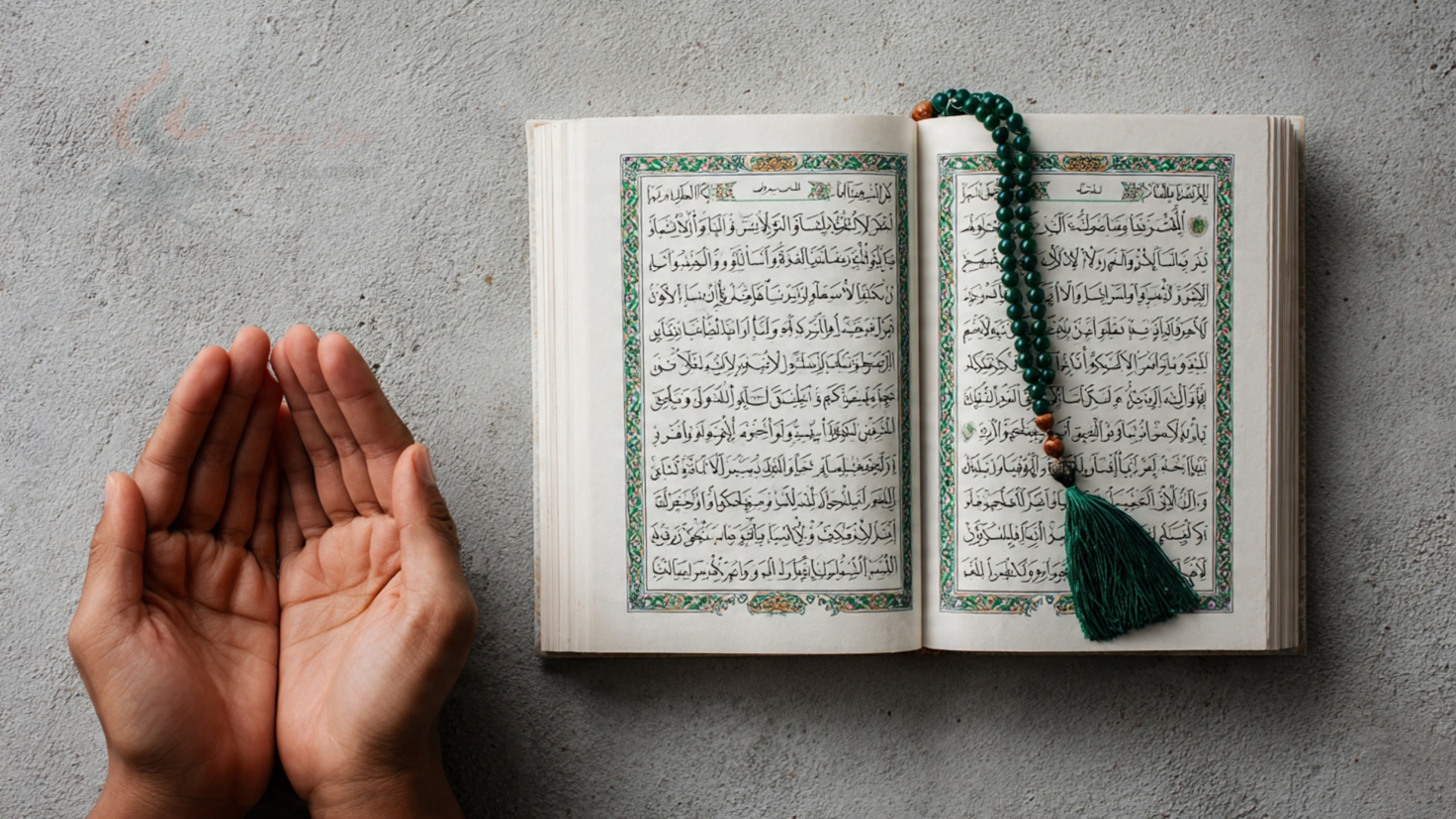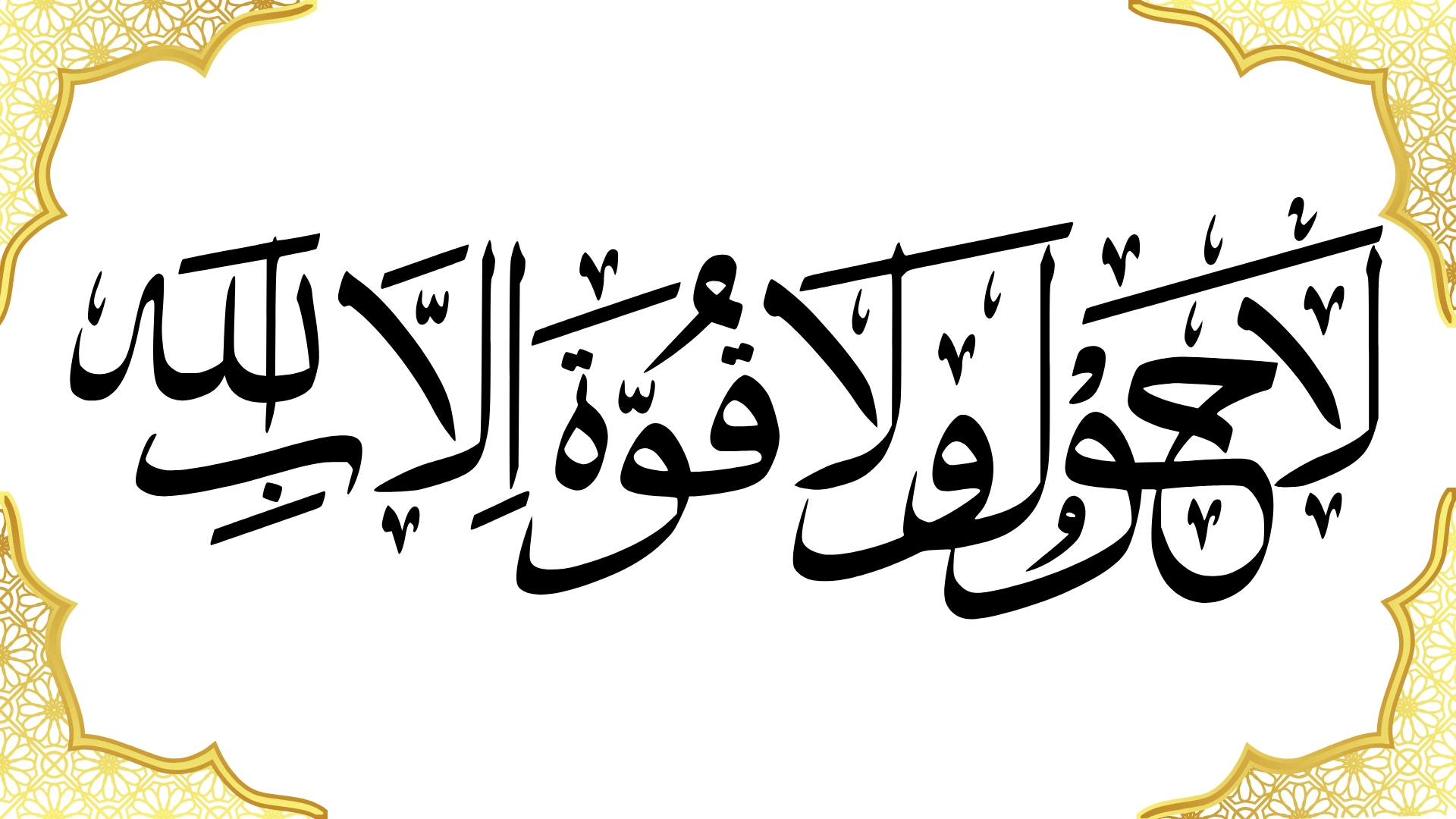Witr prayer is given particular importance by Muslims in their religious practices. Dua for family after Isha prayer is of great value, and people perform it willingly. The prayer finishes off the day’s worship time in dedication. Practicing this trait helps us get closer to God and brings us inner peace and growth.
Witr is considered to be very important in the teachings of Islamic scholars. Some educational institutions see it as a necessary part of religion, but others believe it is a highly recommended Sunnah. These hadiths explain why it is necessary to keep following these virtues. It is stated by scholars that while worshiping, one should apply discipline, stay focused, and show gratitude, which makes it spiritually satisfying.
Performing the Witr prayer inspires a feeling of achievement and a bond with Allah in the believers. It helps clear the mind and heart before you lie down to sleep. Making this prayer a part of your daily routine will be very beneficial. Spending moments in Witr helps grow faith and leads to many opportunities for blessings. By reading this blog, you will discover everything you need to know about doing Witr prayer.
Why Witr Prayer Plays a Special Role in Islam
Witr means “odd” when translated from Arabic. The prayer is important in Islam and allows you to grow closer to Allah. The reason for its importance is that it’s the last prayer before going to sleep.
The Prophet Muhammad (PBUH) always stated that Witr must be done and should not be omitted by his followers. Although Fardh prayers are usually obligatory, this practice still has significant spiritual value for most Muslims.

Why Learning How to Perform Witr Prayer is Essential
Many believers have a hard time performing Witr prayer because the rules change between different sects of Islam. With this prayer, you have a smoother relationship with Allah during the times of Isha and Tahajjud. In addition, this practice encourages you to stick to your routine of worship. When you practice the ritual step by step, doubts disappear, and your spiritual gains are better.
Importance of Witr Prayer
The Spiritual Benefits of Witr Salah
Witr Salah brings you and Allah together closely. With this prayer, Muslims are able to ask for forgiveness, feel thankful, and build their bond with God. The Prophet (PBUH) claimed that Witr is a required practice for every single Muslim (Sunan Abu Dawood). Saying this prayer keeps you away from spiritual disadvantages and gives you a sense of peace.
Is Performing Witr Prayer Obligatory or Sunnah?
The importance of Witr is recognized or ignored by Islamic scholars in different ways. For the Hanafi school, Witr falls in the mandatory category, and missing it may lead to sin under ordinary circumstances. Shafi’i, Maliki, and Hanbali branches also think of Witr as Sunnah Muakkadah (a Sunnah that should be carried out regularly). No matter how it is defined, experts agree that this religion has enormous benefits. A person who offers Witr prayers regularly is distinguished as a committed worshipper.
How to Perform Witr Prayer Step by Step
Before beginning, ensure your wudu (ablution) is valid. Find a clean place, face the Qibla, and center your intention in your heart. No verbal declaration is necessary.
Step-by-Step Guide to Performing Witr Prayer
- Begin with Takbir (saying “Allahu Akbar”).
- Recite Surah Al-Fatiha in the first rak’ah.
- Follow with a short Surah or verses from the Quran.
- Complete the first rak’ah with ruku (bowing) and sujood (prostration).
- Repeat similar steps for the second rak’ah.
- After the second rak’ah, rise for the third without tasleem (saying “Salam”).
- Recite Al-Fatiha and another Surah, then perform ruku and sujood.
- Before concluding, raise your hands after ruku and recite Dua e Qunoot (explained below).
- End with Tasleem on both sides.
Number of Rak’ahs in Witr Prayer
The minimum number is one rak’ah, but it is usually performed in three or more. Prophet Muhammad (PBUH) often prayed three times but sometimes increased the count.
How to Perform Witr Prayer with 3 Rak’ahs
You can perform three rak’ahs as follows:
- Pray two rak’ahs as you would in a normal prayer.
- End the second rak’ah with tashahhud but no tasleem.
- Rise for the third rak’ah and recite Dua e Qunoot after Surah recitation.
How to Perform Witr Prayer with 5, 7, or More Rak’ahs
For odd numbers above three, the process remains similar. Continuous performance without sitting after every two rak’ahs is also valid, based on various hadiths.
Role of Dua in Witr Salah
Significance of Reciting Dua e Qunoot
Dua e Qunoot translates to “the prayer of obedience.” Reciting it underscores submission to Allah’s will. It seeks guidance, forgiveness, and protection from misguidance.
Dua Witr for Hanafi Fiqh
Hanafis traditionally recite the following:
اللَّهُمَّ إِنَّا نَسْتَعِينُكَ وَنَسْتَغْفِرُكَ وَنُؤْمِنُ بِكَ…
“Allahumma inna nasta’eenuka wa nastaghfiruka wa nu’minu bika…”
Dua Witr for Shafi Fiqh
Shafi’ites use this:
اللَّهُمَّ اهْدِنِي فِيمَنْ هَدَيْتَ، وَعَافِنِي فِيمَنْ عَافَيْتَ…
“Allahumma ihdini feeman hadayt, wa aafini feeman afayt…”
Timing and Flexibility in Witr Prayer
Best Time to Perform Witr Prayer
Witr begins after Isha and lasts until Fajr. For those seeking additional blessings, delaying it till after Tahajjud is recommended. Night prayers hold special significance.
Can You Delay or Omit Witr Prayer?
If you doubt your ability to wake for Tahajjud, perform Witr immediately after Isha. Omitting Witr is discouraged, though it doesn’t invalidate your Isha prayer.
Hadiths on Witr Prayer
What Did the Prophet (PBUH) Say About Witr Salah?
The Prophet (PBUH) stated, “Whoever does not pray Witr is not among us” (Abu Dawood). This hadith highlights Witr’s immense value.
Key Narrations Highlighting the Importance of Witr
Many sahih hadiths stress Witr’s role as a spiritual safeguard. These teachings encourage Muslims to prioritize this prayer.
Advanced Insights into Witr Prayer
How to Perform Witr Prayer During Tahajjud
Merge Witr with Tahajjud for additional rewards. Pray Tahajjud in two-rak’ah sets. Conclude with one rak’ah of Witr.
Differences in How Witr is Performed at Two Harams
Imams in Mecca and Medina recite the Qunoot aloud during Witr. Followers can respond with “Ameen” or silently recite their dua.
Conclusion
Its flexible nature accommodates personal schedules while preserving its spiritual core. Commit to performing Witr consistently. This small act invites immense blessings, paving the way for spiritual growth. With its regular inclusion, you’ll strengthen your connection to Allah and cultivate a rewarding prayer life.




